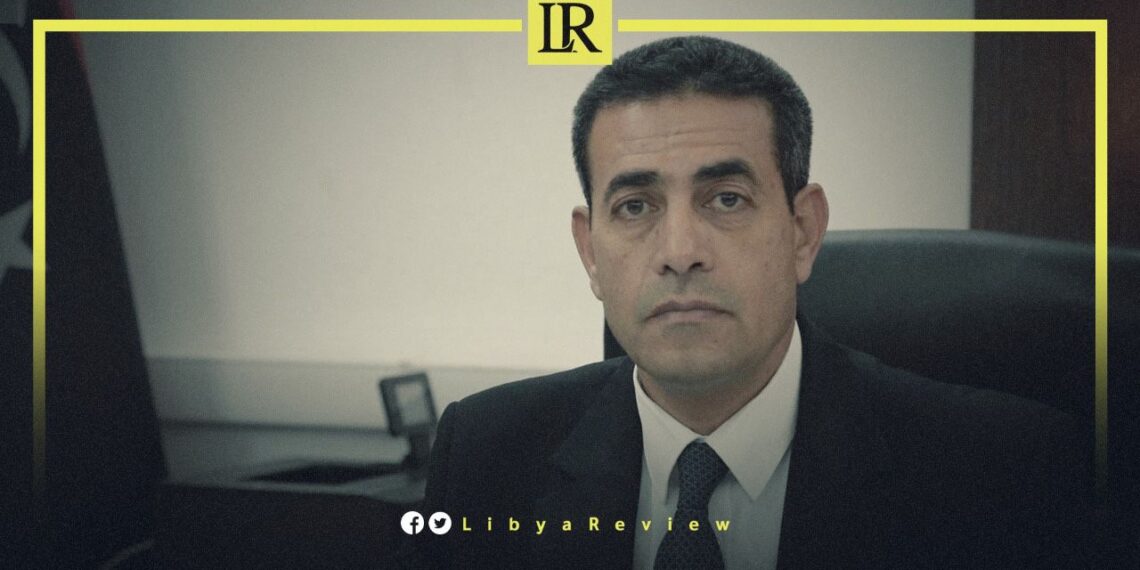The High National Elections Commission (HNEC) confirmed its awareness of a circulated video on several social media platforms showing the mishandling of quantities of discarded empty ballot boxes bearing the logo of the Central Committee for Municipal Council Elections.
According to its media office, the Commission stated that these boxes do not belong to them. As indicated by the logo affixed to the boxes, they belong to the Central Committee for Municipal Council Elections, which was previously responsible for conducting municipal council elections.
The Commission emphasised that all its voting materials, including ballot boxes, polling booths, and various logistical supplies, are securely stored under strict guard.
“All voting materials are inaccessible to any unauthorized individuals and will only be available to voters on the designated election day,” the statement said.
Earlier this month, HNEC’s head Emad Al-Sayeh stated that the Government of National Unity (GNU) does not support holding municipal elections.
Al-Sayeh highlighted Prime Minister Abdelhamid Dbaiba’s disregard for funding demands for municipal elections. He noted a lack of cooperation from the Civil Status Authority and telecommunication companies.
The HNEC requested 80 million Dinars from the GNU to conduct elections in 97 municipalities but received no budget allocation, despite repeated appeals for funding.
Al-Sayeh affirmed the HNEC’s determination to propose a three-stage election process, contingent upon securing at least partial funding.
He outlined plans for the HNEC to lead election operations through three operational rooms in Benghazi, Tripoli, and Sabha, with the main room at the HNEC headquarters, independent of government control.
Al-Sayeh resolved issues regarding the closure of 11 HNEC offices by the government, stemming from communication breakdowns between the government and security agencies.
Last month, Al-Sayeh said that the conduct of elections depends on the consensus of the legislative, executive, and judicial authorities.
Al-Sayeh, speaking at the “Media and Elections” workshop, stated that the electoral process is the focal point of the ongoing political conflict in Libya.
“The prevailing understanding is that the responsibility for implementing the electoral process lies solely with the HNEC. This is a misconception because the HNEC does not have a direct interest in implementing the electoral process; rather, it is in the interest of all Libyans,” Al-Sayeh explained.
Al-Sayeh stressed the importance of the media in correcting misconceptions and working to expand the scope of electoral participation to achieve high levels of credibility.


